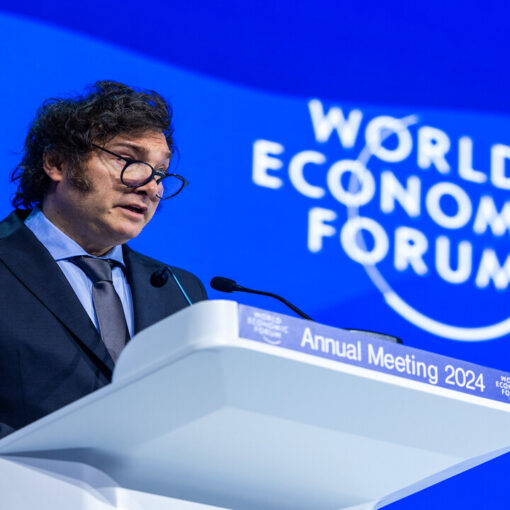The National Police Agency of Japan is set to test AI-equipped security cameras as a countermeasure to protect public figures. This move is triggered by recent incidents involving high-profile individuals, including the murder of former prime minister Shinzo Abe and an attack on current Prime Minister Fumio Kishida.
The advanced AI technology, focusing primarily on behavior detection, is expected to identify suspicious activity more effectively than human vigilance alone. Key functionalities include spotting unusual movements, identifying firearms or other dubious items, and monitoring restricted area intrusions. The testing, slated for the ongoing fiscal year ending in March 2024, will assess the accuracy of these detections.
However, the implementation of AI in security raises concerns about privacy. Acknowledging this, Japanese authorities have excluded facial recognition from the testing process, following Europe’s lead in restricting its use. The new system also aims to address the increasing threat from ‘lone offenders,’ as these attacks are hard to foresee.
A 2019 survey from the Carnegie Endowment for International Peace reveals that AI’s use in law enforcement is prevalent in 52 out of 176 surveyed countries. Isao Itabashi, Chief Analyst for the Tokyo-based Council for Public Policy and expert in counterterrorism measures, noted, “AI cameras are already being used widely in Europe, the U.S. and Asia, and behavior detection technology is being studied by Japanese companies.” The integration of AI into policing is expected to optimize officer deployment by providing additional vigilance resources.
In related developments, France is installing AI-security cameras for the 2024 Paris Olympics and Paralympics. Japan’s private sector has also adopted AI, with West Japan Railway utilizing a system that alerts security to suspicious activity.
See original article at Nikkei.com.
Jack McPherrin ([email protected]) is a managing editor of StoppingSocialism.com, research editor for The Heartland Institute, and a research fellow for Heartland's Socialism Research Center. He holds an MA in International Affairs from Loyola University-Chicago, and a dual BA in Economics and History from Boston College.






